"If the only thing people learned, was not to be afraid of their experience, that alone would change the world." - Sydney Banks
Many teachers talk about the need to be present with our experience of the world or our experience of our body.
The way you think of your body has a big effect on the actual health of your body. An uncomfortable sensation can turn into lasting chronic pain if you add a lot of negative emotion to it or continuously tell yourself that it shouldn't feel that way.
More than half of the experience of pain is from heightened emotions. If you can be present with your experience of your painful body part without any emotion or story about how it ought to be different or what it means, the actual sensation is much different and lessened in severity.
The same is true of how we talk about our bodies. One often hears people talking about their bad back or "oh, that's just my bum knee". It seems mild however we are dismissing our own bodies as bad and ignoring the message for change within the actual pain or sensation. Practice listening to your own language to see if you have body parts you don't value.
But what message is there in the pain or dysfunction? It just hurts and I don't like it.
When we can be fully present in a state of no thought with our body the sensation or pain transmutes. It can move to another spot. It can reduce or go away. It can change into pure emotion that you weren't allowing space for. It can intensify and then turn into joy or certainty. It can be the messenger for an insight about something in your life.
The wisdom of an insight can be literally anything. For example, it might be as simple as "oh wow, I need to stretch my arm" "Strengthening my body might help this, I wonder if there are any videos on YouTube" or so-called bigger things like "I need to quit my job". One of the most common things I hear from people is "well I know I should do..." We often know.
We suffer when we’re feeling powerless or helpless. Not from pain itself.
What do we do when we feel helpless or powerless? We may freeze up, withdraw or roll up into a ball. We may try to self-talk our way through it: “it’s gonna be alright, you’re going to get through this”. We may get angry or upset and lash out. We may develop a neurotic habit like an obsessive compulsion. This list is not exhaustive by any means.
When we suffer, we may actively deny/ignore/disconnect from the feeling of helplessness. Over time, this can become an unconscious habit or M.O. Which can further evolve into a part of our personality. This in turn can create more pain. So, while we suffer, we try to avoid feeling helpless.
The remedy for suffering is to acknowledge and accept in the moment that we are feeling helpless and that nothing is working. The more fully we can accept this, feeling it with our bodies, a transformation occurs. It’s as if a vortex opens up, our defences soften, energy can flow once again which leads us to our inner resourcefulness.
The antidote to feeling helpless is to reconnect to our inner resources such as peace, strength, patience, love and flow.




